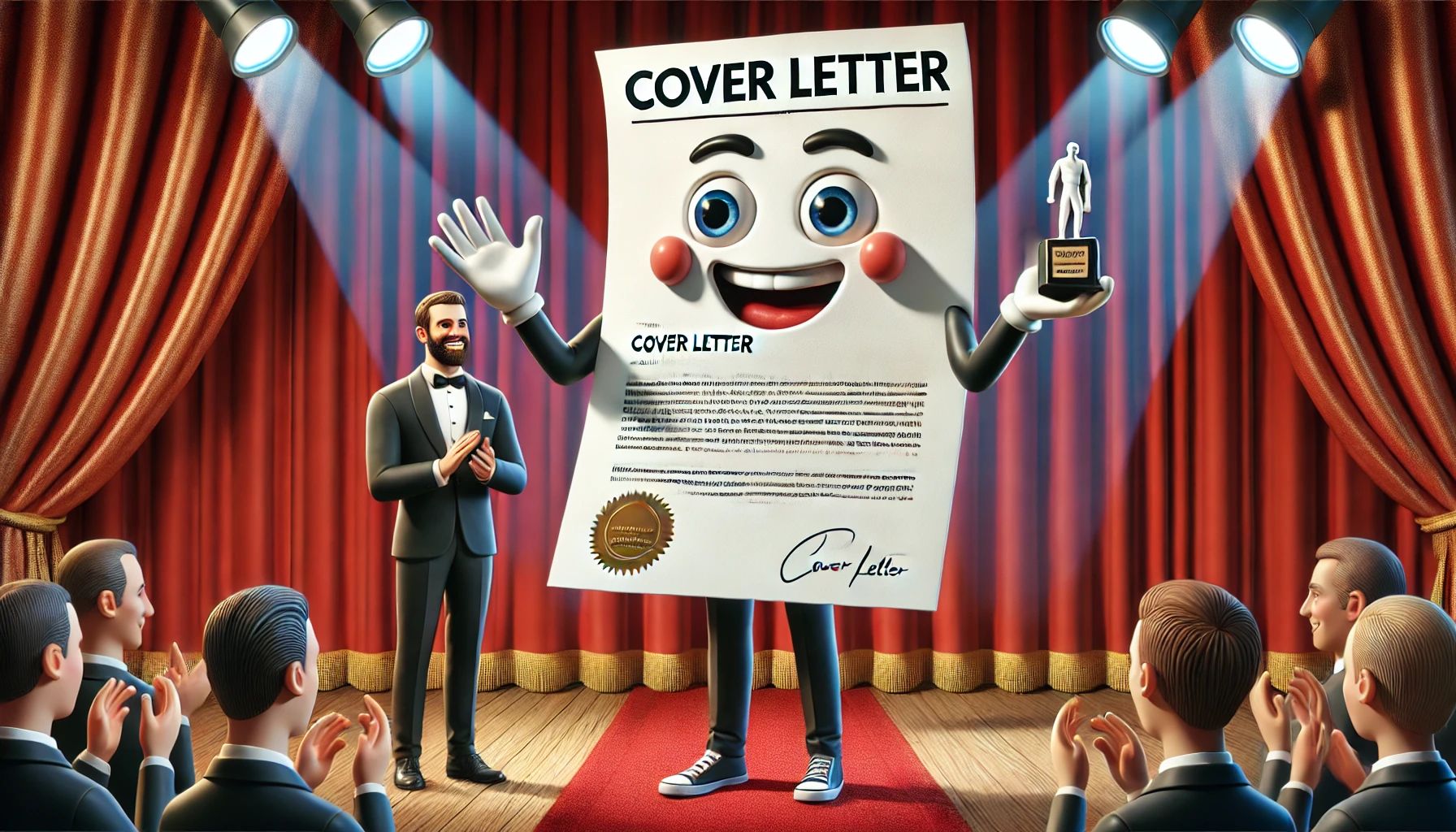 So, you didn’t get hired. Maybe you didn’t even get an interview, or maybe they ghosted you altogether. Wondering where you might have gone wrong? The top reasons why hiring managers pass on candidates fall into 3 categories: your resume, your social media or the interview. Here’s how you can improve your chances next time:
So, you didn’t get hired. Maybe you didn’t even get an interview, or maybe they ghosted you altogether. Wondering where you might have gone wrong? The top reasons why hiring managers pass on candidates fall into 3 categories: your resume, your social media or the interview. Here’s how you can improve your chances next time:
Resume Mistakes
AI-Generated Resumes
According to Resumegenius.com, 53% of hiring managers view AI-generated resumes as a red flag. They feel the content lacks authenticity that come from a candidate’s own effort. To improve your chances to get hired, focus on crafting a resume that highlights your unique skills and experiences, tailored specifically to the job you’re applying for, or consider a resume writing service for a professional edge.
Lack of Measurable Achievements
Hiring managers look for concrete, measurable achievements on resumes. About 44% of them are less likely to consider candidates who don’t include quantifiable results. Statements such as “increased sales by 20%” or “led a team of 10 to complete projects ahead of schedule” are much more compelling than vague descriptions of duties. Focus on what you have accomplished in your previous roles and use metrics to demonstrate your impact to get hired
Frequent Job-Hopping
Hiring managers are hesitant to consider candidates who have a history of changing jobs frequently, with 17% seeing it as a major red flag. If your resume shows multiple short-term positions, emphasize the skills and experiences gained in each role to get hired. Communicate how they make you a stronger candidate.
Lack of Experience
Many employers prioritize experience over formal education. While most jobs require postsecondary education, “hiring managers often place more value on internships, employment during college, and volunteer experience than on GPA or relevant coursework” says Charles Kilfoye, EdD, Northeastern University. To enhance your chances to get hired, focus on gaining practical experience in your field through internships, part-time jobs, or volunteer work and highlight these on your resume.
Employment Gaps
While only 9% of hiring managers still view employment gaps as a critical issue, it’s still important to address them effectively. Use your resume to list any continuing education achievements, certifications or new skills you completed during that time, and provide a concise explanation in your cover letter if necessary.
Lack of Soft Skills
Soft skills such as analytical thinking, customer service, and adaptability are highly valued by employers. According to surveys, 54% of hiring managers consider soft skills to be an important part of the package, with many willing to hire candidates based on them alone. To get hired, highlight your ability to work well with others, solve problems, and adapt to new situations.
Poor Formatting and Design Choices
Poor formatting and inappropriate font choices can significantly impact your resume. Avoid fancy fonts and cluttered layouts and opt for a clean, professional design that highlights your key achievements and skills.
Typos and Irrelevant Content
Around 42% of hiring managers are turned off by typos and irrelevant content. Proofread your resume carefully using apps such as Grammerly to check spelling and sentence structure, and remove any content that isn’t relevant to the job you’re applying for.
Social Media Content
Did you know that 70% of companies use social media screening when hiring and 57% don’t hire candidates because of what they found in their profiles? Social media habits can significantly impact job prospects, often negatively. Employers frequently review candidates’ profiles, and inappropriate content—such as unprofessional photos, offensive comments, or controversial political posts—can raise red flags.
Oversharing personal details, venting about previous employers, or engaging in heated online arguments signals poor judgment and a lack of discretion. Inconsistent professional branding, such as having a LinkedIn profile that doesn’t match the resume, can create confusion about skills and experience. Ignoring privacy settings also exposes candidates to unnecessary scrutiny. Mismanaging these aspects demonstrates a lack of awareness about the professional implications of social media presence, costing job opportunities.
So, it’s time to be proactive and remove any questionable content, set your page to private, and only generate public posts that align with your desired professional image.
Interview Issues
Interviewing mistakes can easily derail a candidates chances. Poor preparation, such as not researching the company or the role, shows a lack of interest and effort. Inadequate responses to common questions, such as “Tell me about yourself, or fumbling through behavioral questions reveal weak communication skills.
Arriving late or dressing inappropriately are signals unprofessionalism and a blatant disregard for company culture. And the interview isn’t the time to start badmouthing a former employer. Negative comments about past employers or colleagues can raise concerns about attitude and team fit. Additionally, failing to ask thoughtful questions at the end of the interview demonstrates a lack of engagement. These missteps reflect poorly on a candidate’s suitability and readiness for the role. And watch for the ultimate taboos! It is reported that 54% are turned off by rude language or behavior, and as you can imagine, most hiring managers consider lying a deal-breaker,
Be honest, well-prepared, on-time, and respectful. Show enthusiasm, ask relevant questions, and demonstrate your knowledge about the company and position.
Got Straight-up Ghosted
If you’ve been ghosted by an employer, you’re not alone. About 80% of hiring managers admit to ignoring candidates at some point. If you find yourself in this situation, reach out to the employer with a polite inquiry about the status of their decision, or whether additional opportunities are available. Even if you don’t get the job, it shows initiative and they may consider you for a similar role in the future.
So look, rejection is tough, but every setback is an opportunity to improve and refine your approach. Remember, while you didn’t get hired on this go-round, each “no” is a step closer to that one “yes” that will change your career trajectory. Keep refining your resume, curating your online presence, and preparing thoroughly for interviews. Stay persistent, adapt, and learn from each experience—you’re building resilience and sharpening the skills that will ultimately get you over that hump. The right role is out there, and with every ounce of effort you expend, you’re one step closer to landing that bad boy! Keep going, people – your next opportunity might be just around the corner.




















